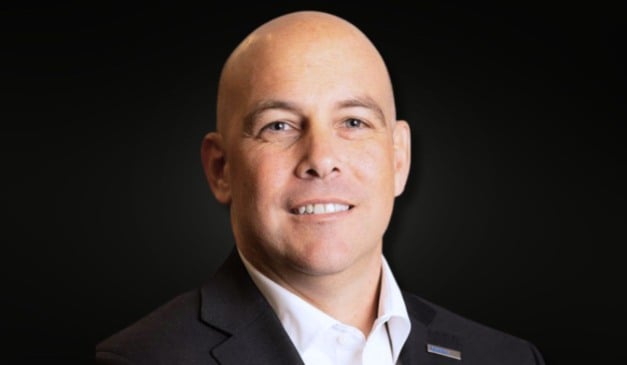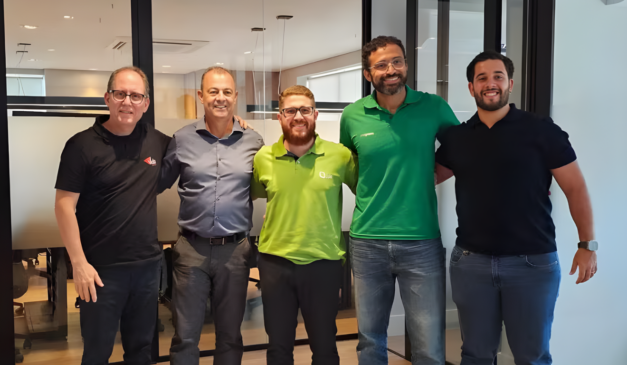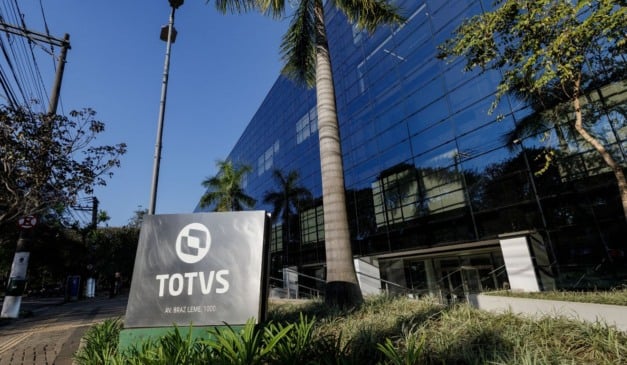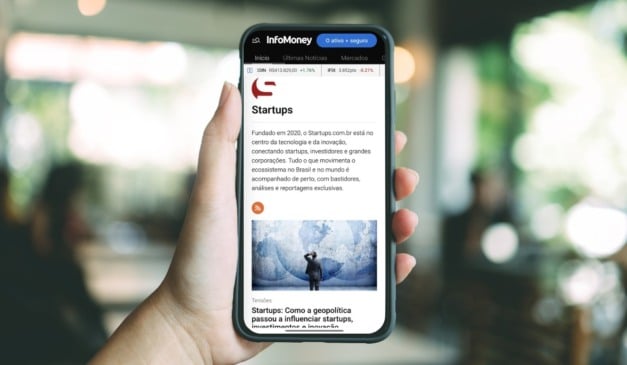
Brazil’s Open Banking market has a new kid on the block. Uruguayan startup Datanomik has just announced its arrival in the country after raising a $6 million seed round led by Andreessen Horowitz (a16z), joined by the funds Canary, Nazca and Latitud.
A pool of angel investors such as Conrado Engel, former CEO at HSBC; Rappi founder Sebastião Mejia; Dinie‘s founder Suzy Ferreira; Pablo Garfinkel, founder of Tokai Ventures, have also participated in the round.
Created in January of this year, Datanomik is a B2B Open Banking platform that supports companies in management and planning tasks by facilitating access to financial information.
The API developed by the startup accesses information directly from banks and other institutions, such as payment service providers and e-commerce platforms. The system standardizes and gathers this information in one place, with real-time updates.
In a press release, the company says that its mission is to help companies such as fellow Uruguayan firm dLocal, US fintech Jeeves (another firm that has just arrived in Brazil) and the Brazil-based Dinie.
All these companies face the same challenge: getting simplified financial information straight from the source is difficult, especially in emerging markets where data is historically dispersed and disorganized.
At the helm of Datanomik are Gonzalo Strauss and Sergio Fogel, co-founder at dLocal. They met at the payments fintech AstroPay, in which Fogel is an investor and where Strauss was head of products.
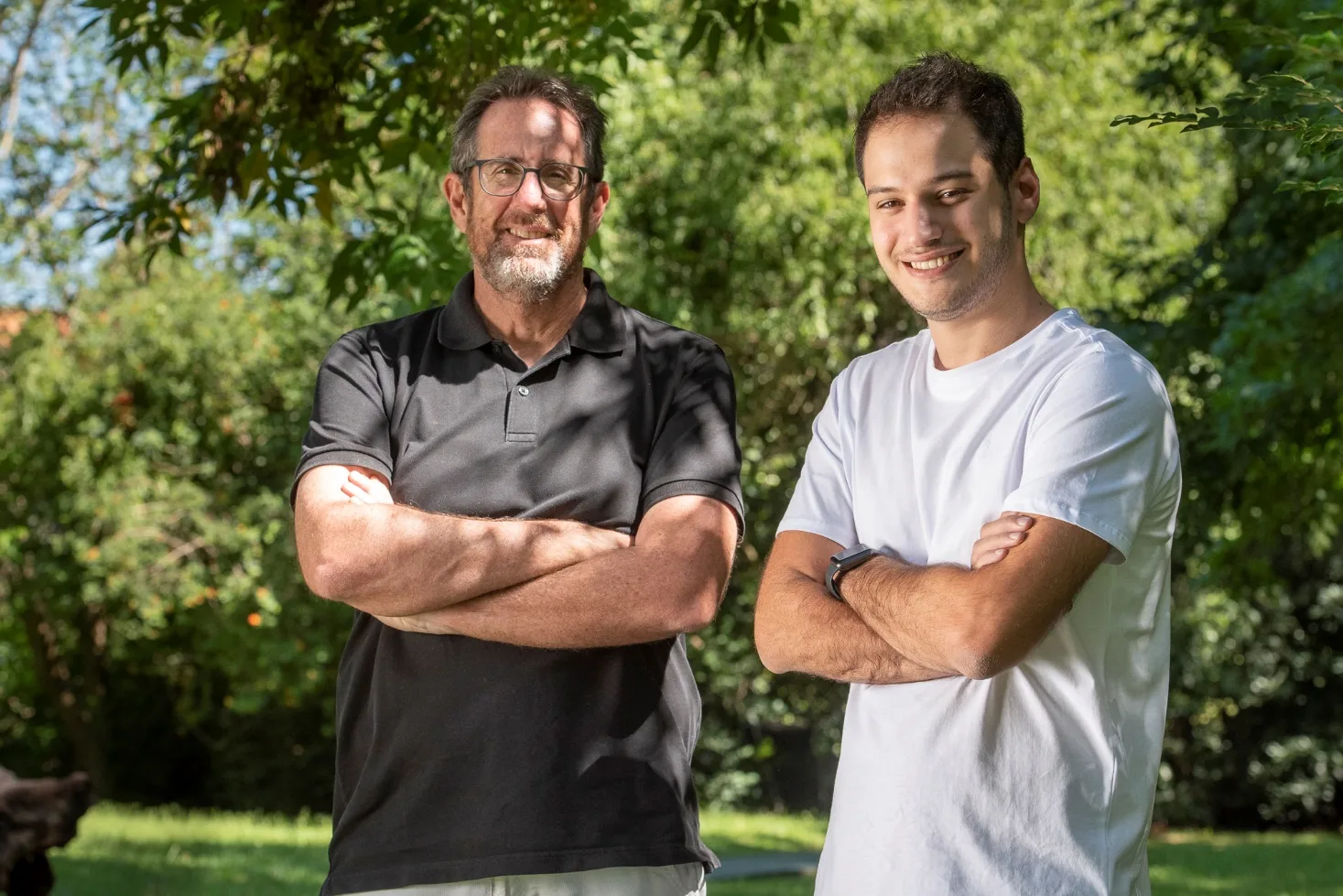
With the Datanomik’s platform, CFOs can connect all their financial accounts and get a centralized view of financial information to manage their business performance while doing real-time reconciliations, bookkeeping, accounting and other business operations.
“In emerging markets, cash is still the main method of payment, which forces us to use archaic processes to make reconciliations or manage corporate bank account data,” says Strauss in a press statement.This is a challenge, he says, because each institution has their own systems, none of which are connected to each other, and information is not standardized, making systematic updating difficult in a world where real-time access to data is required.
“Fintechs nowadays have operations in several countries, or even continents”, Strauss adds. “This means dealing with dozens of bank accounts from different banks, resulting in a bottleneck for finance teams, who spend hours manually accessing their accounts to check balances, transfers or analyze their cash flow.”The opportunity for Datanomik
Business prospects are great not only for payment companies, but for any company that relies on financial data – that makes perfect sense at a time when “embedded finance” has been gathering pace around the world, and Brazil is no exception.
“We are building an infrastructure that will be available for use by companies of different types and sectors”, Fogel points out.
With the fresh capital, the founders plan to consolidate the product, increase the team and expand throughout Latin America, with Brazil as an entry point – the next markets on the horizon are Mexico and Colombia.
Currently, Datanomik has 20 employees and already works with dLocal and AstroPay, as well as large fintechs in Latin America, whose names are undisclosed. But the company’s plans are at the very beginning.
“Datanomik’s API not only provides much-needed dashboards to finance managers, it also enables faster KYC underwriting for companies as financial information can be fetched via an API rather than received in PDF via email” , evaluates Angela Strange, partner at Andreessen Horowitz, in a press statement. The investment in the startup is the first made by the VC firm in Uruguay.
Marketplace
Open Finance is definitely a theme this year and beyond. Globally, players such as US firm Plaid (which is already worth over $13 billion) and the UK-based TrueLayer are some of the strong names in the area.
A market that has been attracting giants such as Visa (which bought Swedish firm Tink last year) and Mastercard (which acquired US firm Finicity in 2020). Last week it was Apple‘s turn to announce its entry into Open Banking with the purchase of UK fintech Credit Kudos.
In Latin America, especially in Brazil, several platforms are growing. In this part of the world, companies with Open Banking and Open Finance solutions include names like Belvo, Quanto, Pluggy, Klavi, Teddy, Celcoin and others.
Led by the Central Bank (BC), the Open Finance initiative is one of the most ambitious Open Banking projects worldwide.
Accenture estimates a $416 billion addressable global market for Open Banking, to be created over the next three years.



